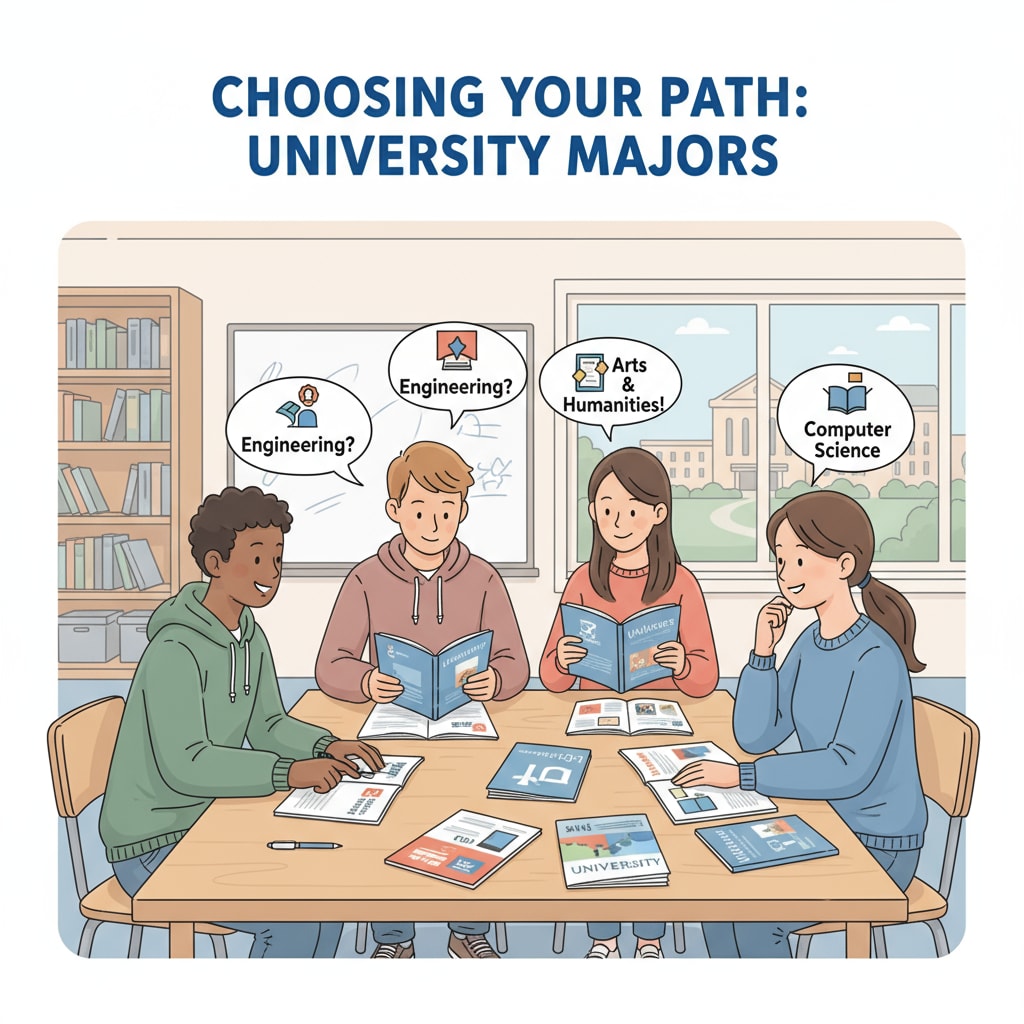University major selection, career confusion, and interest exploration are common concerns among high school students. As they stand on the brink of a new chapter in their lives, the task of choosing a university major can be both exciting and daunting. Many students find themselves grappling with uncertainty, not fully understanding the implications of their choices or the potential career paths that lie ahead.

This article aims to shed light on these issues and provide a comprehensive guide to help students make more informed decisions.
The Pitfalls of Surface Interest in Major Selection
Often, students base their major choices on surface interests. They might be drawn to a subject because it seems interesting in passing, perhaps due to a captivating teacher in high school or a popular media portrayal. However, what appears appealing on the surface may not hold up under closer examination. For example, a student who loves reading novels might think English literature is the perfect major. But they may not realize the in-depth analysis, research, and academic writing that come with it. According to EducationData.org, many students change their majors within the first two years of college, often because their initial choice was based on shallow understanding. Therefore, it’s crucial to move beyond surface interests and explore the true nature of a subject.

Understanding the Root of Career Confusion
Career confusion is another significant hurdle. High school students have limited exposure to the vast array of career options available. They may have a general idea of some common professions like doctor, lawyer, or engineer, but are unaware of the numerous niche and emerging fields. Additionally, the rapid pace of technological change and evolving job markets make it difficult to predict future career trends. As a result, students may feel lost when trying to align their university major with a potential career. To address this, they need to actively seek information and gain a broader perspective. The Bureau of Labor Statistics offers valuable insights into different occupations, helping students understand job requirements and growth prospects.
To overcome these challenges, students should engage in a systematic exploration of their interests. This involves self-reflection, trying out different activities, and seeking advice from professionals. By doing so, they can uncover their true passions and talents, and make more informed decisions about their university majors and future careers.
Readability guidance: This article uses short paragraphs to present key points clearly. Each section focuses on a specific aspect of the issue, with lists and examples to illustrate concepts. Passive voice is minimized, and transition words like ‘however’, ‘therefore’, and ‘for example’ are used to enhance flow.


